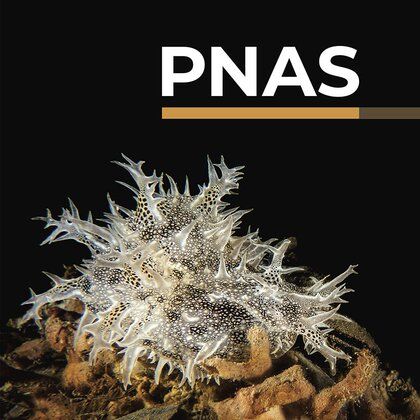Visual abstract @TXPDirect @kassem_safa
Great case @AlJurdi highlighting the importance of identifying the underlying cause of C3 glomerulonephritis posttx for effective treatment.On this case an IgG λ monoclonal gammopathy treated plasma cell clone-directed therapy. @MGHKidneys @mgh_transplant https://www.ncbi.nlm.nih.gov/pmc/articles/PMC11005891/
Visual abstract @TXPDirect @kassem_safa
Elements of successful NIH grant applications.

Elements of successful NIH grant applications | Proceedings of the National Academy of Sciences
Is there a formula for a competitive NIH grant application? The Serenity Prayer may provide one: "Grant me the serenity to accept the things I cann...
www.pnas.org
Learn more about our kidney #xenotransplant @mgh_transplant
This short video provides an overview of the rationale, the details about the immunosuppression used, and the precautions taken in our study. Click on the second video in the video section @ https://www.leoriella.com
With tremendous joy, I share that our patient who received a gene-edited pig kidney transplant was discharged home today after removal of his dialysis access. We hope that this is a first step that will bring hope to many patients waiting for a kidney transplant #xenotransplant
Updates on ABMR, recurrent disease, cardiometabolic disease and machine perfusion strategies at the #tts2024 PGC @ttsorg @ttsecmc https://tts2024.org/program/post-graduate-course-sept-22
© 2024 Leo Riella